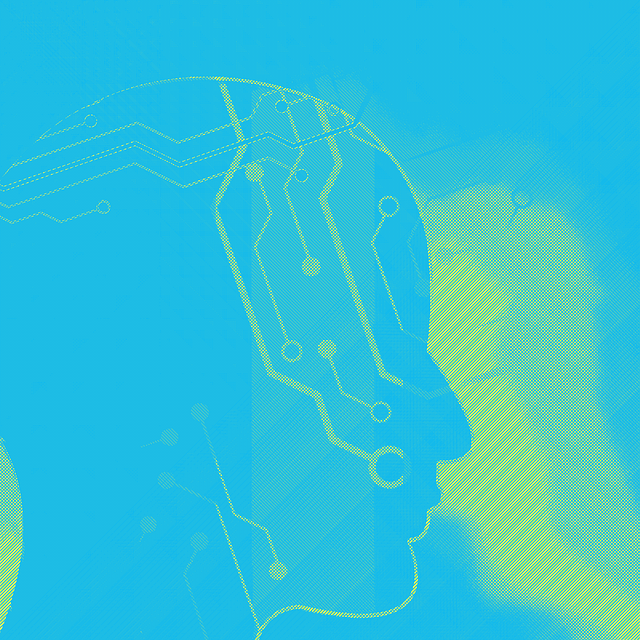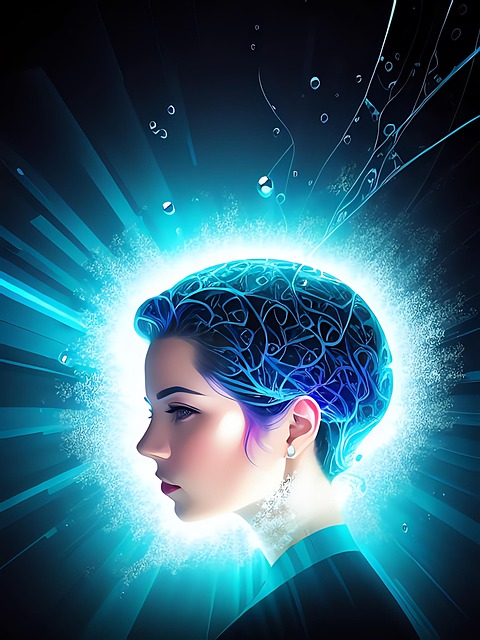ChatGPT is a versatile AI tool aiding developers, students, and learners in diverse fields, offering code assistance, logic analysis, music theory support, and simplification of complex topics. It automates code generation, streamlines workflows, and provides real-time feedback for efficient coding. ChatGPT enhances learning through personalized guidance, interactive dialogues, and concept mapping while fostering critical thinking. However, it requires user verification for accuracy and integrity in code, especially in academic settings, to avoid plagiarism.
Discover how ChatGPT is transforming coding assistance, offering powerful tools for developers. This article explores ChatGPT’s capabilities in syntax and structure, automated code generation, debugging, and language learning. Learn how to leverage its potential for efficient development while understanding limitations and ethical considerations. From enhancing productivity to facilitating learning, ChatGPT is a game-changer in the world of coding.
- Understanding ChatGPT's Coding Capabilities
- How ChatGPT Can Assist in Syntax and Structure
- Automating Code Generation with ChatGPT
- Debugging and Error Handling Using ChatGPT
- Learning New Programming Languages with ChatGPT
- Limitations and Ethical Considerations for ChatGPT Coders
Understanding ChatGPT's Coding Capabilities

ChatGPT’s capabilities extend far beyond simple text generation. This powerful AI model can actively assist with coding tasks, offering a new level of support for developers and students alike. By leveraging natural language processing, ChatGPT can understand programming concepts, interpret code snippets, and even generate functional code based on prompts. This feature is particularly beneficial for learning and problem-solving, as it enables users to experiment with different code structures and algorithms without the initial setup time.
Beyond coding, ChatGPT’s versatility showcases its potential for enhancing various skills. Users can practice their critical thinking exercises through interactive coding challenges posed by the AI, fostering a deeper understanding of logic and problem-solving strategies. Even seemingly unrelated fields like music theory fundamentals can benefit; ChatGPT can assist in creating unique melodies or analyzing musical structures, all while users learn at their own pace. For those seeking to master more complex topics, resources like differential equations simplification can be found through specific queries, making learning more accessible and efficient.
How ChatGPT Can Assist in Syntax and Structure

ChatGPT has the potential to be an invaluable tool for coders and programmers, offering significant assistance with syntax and structure-related tasks. One of its key strengths lies in its ability to provide real-time feedback on code snippets, helping developers identify and rectify errors quickly. The AI can analyze a program’s logic, suggest improvements, and even offer alternative solutions, ensuring the code is efficient and well-organized.
Furthermore, ChatGPT facilitates a detailed exploration of various coding practices and styles. It can compare different citation methods, assist with formatting guidelines, and provide insights into industry standards, fostering an environment conducive to best practices. This level of support alleviates common challenges like test-taking anxiety relief for programming students and offers fresh perspectives on complex issues. By embracing this technology, developers can streamline their workflows, leading to more accurate and innovative coding solutions, including ideas for science experiments. So, for a structured approach to coding assistance, give us a call at Research Paper Structure.
Automating Code Generation with ChatGPT

In today’s digital age, ChatGPT is revolutionizing the way we approach coding assistance, offering an innovative and efficient solution for developers and programmers worldwide. By automating code generation, ChatGPT enables users to streamline their workflow, saving valuable time and effort in writing repetitive or complex code snippets. This AI-powered language model can understand natural language prompts and generate corresponding code, making it a powerful tool for software development.
For instance, when building an online learning platform, such as those featured in e-learning platform reviews, developers can use ChatGPT to quickly draft code for interactive modules or adapt content delivery systems. Even in the realm of research, scholars engaged in online research ethics might find ChatGPT useful for automating data analysis scripts or generating code for specific algorithms. As a professional resource, ChatGPT is accessible and ready to assist with coding challenges, whether it’s integrating with learning management systems or creating dynamic user interfaces. Explore its capabilities and discover how it can enhance your projects, starting today—find us at music theory fundamentals for more insights into this game-changing technology.
Debugging and Error Handling Using ChatGPT

Debugging and Error Handling using ChatGPT is a game-changer for coders. This AI-powered tool can assist in identifying and rectifying issues within your code, enhancing your study habits improvement process. By generating potential solutions and offering explanations, ChatGPT enables developers to navigate through complex bugs efficiently. It’s not just about fixing errors; it also teaches coding best practices, fostering a deeper understanding of the programming language at hand.
Moreover, its ability to integrate with various development environments makes it versatile. Whether you’re working on a lab report formatting task or creating concept maps for better visual organization, ChatGPT can provide real-time support. If you’re facing challenges, give us a call at graphing calculator tips; the chatbot offers insights that cater to both beginners and experienced developers.
Learning New Programming Languages with ChatGPT

ChatGPT is transforming the way we approach coding education, offering innovative tools to facilitate learning new programming languages. This AI-powered assistant can adapt to various skill levels, providing personalized guidance and support for both beginners and experienced developers. By leveraging ChatGPT, students can gain a deeper understanding of complex concepts through interactive dialogues and practical examples.
The platform’s ability to generate code snippets and explain geometric proofs in a conversational manner is particularly beneficial. It encourages learners to explore different problem-solving approaches and fosters creativity. Moreover, ChatGPT integrates seamlessly with learning management systems, enabling educators to incorporate tailored teaching methods into their curricula. Time management strategies for students are also enhanced as they can quickly seek clarification on challenging topics, ensuring efficient study sessions.
Limitations and Ethical Considerations for ChatGPT Coders

While ChatGPT offers immense potential for coding assistance, it’s crucial to acknowledge its limitations and ethical implications. One significant challenge is ensuring code accuracy and reliability. As an AI language model, ChatGPT’s understanding of complex programming concepts relies on patterns learned from vast datasets. This means the generated code might not always reflect the most efficient or up-to-date practices, requiring developers to double-check and validate the output.
Additionally, plagiarism avoidance is a critical concern for academic coding standards. While ChatGPT can provide valuable insights and suggestions, directly copying or pasting generated code without proper attribution could lead to academic integrity issues. To mitigate this, users should treat ChatGPT as a tool for inspiration and guidance rather than a source of pre-written code. Leveraging the platform’s capabilities alongside established literary analysis guides and historical context study aids can foster an enriching learning experience while adhering to academic writing standards – find us at academic writing standards.
ChatGPT has emerged as a powerful tool for coding assistance, offering diverse functionalities from syntax support to automating code generation. Its ability to aid in debugging and facilitate learning new programming languages makes it an invaluable resource for developers. However, understanding its limitations and ethical considerations is crucial. As ChatGPT continues to evolve, it promises to revolutionize the way we approach coding, making development processes more efficient and accessible.








Leave a Reply